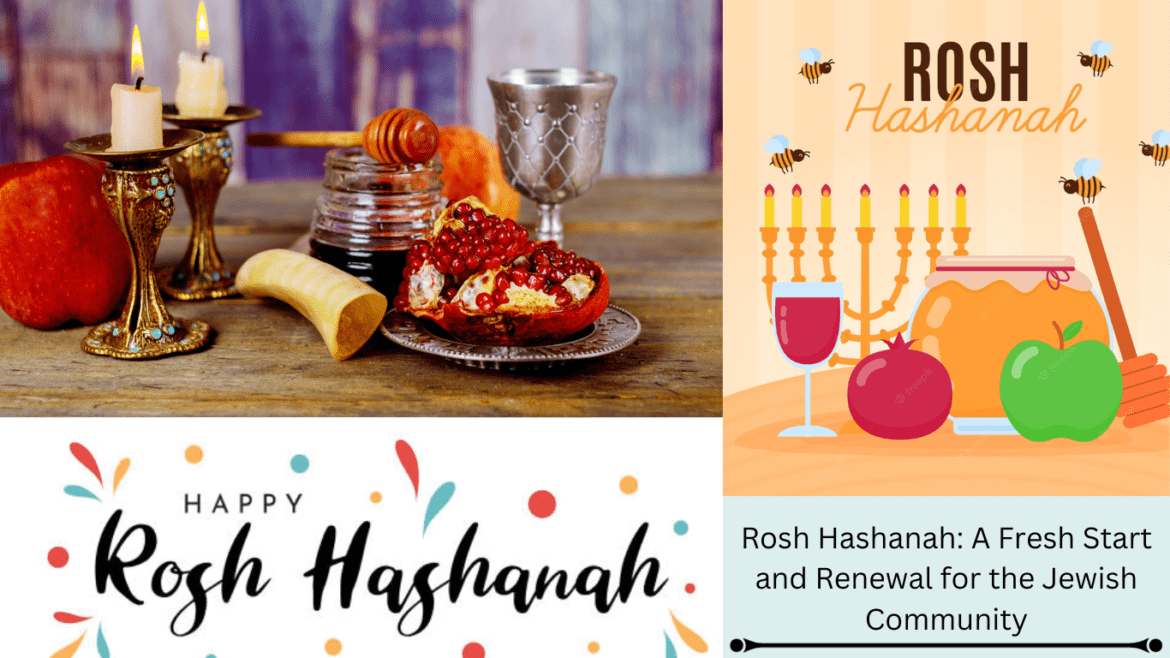Rosh Hashanah, which connotes the beginning of the Jewish New Year, starts at dusk on Friday, September 15, and goes on until nightfall on Sunday, September 17.
Stupendous RAPIDS, Mich. — Blissful New Year!
All things considered, Jewish New Year.
From dusk on Friday, September 15 until twilight on Sunday, September 17, Jews observe Rosh Hashanah, which connotes the beginning of the new year.
“Jews all over the planet praise another year each and every fall, similarly as the seasons change,” said Rabbi Michael Shadick with Sanctuary Emanuel in Great Rapids. “It’s superb as far as we’re concerned in light of the fact that, as the temperatures get colder, we contemplate our lives. What our identity is, what we should do, that we didn’t get an opportunity to do throughout the late spring.”
Rosh Hashanah falls in the long stretch of Tishrei. Being the beginning of the new year, Tishrei, to certain, marks the main month on a Jewish schedule.
Notwithstanding, in the Torah, it’s frequently alluded to as the seventh month. That is because Nisan, the month in which the Departure from Egypt happened, is most frequently alluded to as the principal month.
The year we are entering on the Jewish schedule is not quite the same as the Gregorian schedule we as a whole use generally.
On the Gregorian schedule, it’s right now 2023. On the Jewish schedule, we are starting the year 5784.
How Jews celebrate their new year is somewhat unique.
“There’s no need to focus on, how much weight might I at any point lose, or how often could I at any point get to the exercise center,” Shadick said. “It’s about, how would I develop as a person. How might I be a superior individual from the back to front, cooperating with loved ones? How would I move toward those that I have harmed and request their expressions of remorse? How would I develop as an individual from the human family, and not simply, how would I work on my eating routine or my reps at the rec center?
There are a few images remembered for the Rosh Hashanah custom. Maybe the two greatest ones are the shofar, as well as the matching of apples and honey.
The shofar is an empty horn as a slope, sounded before a gathering.
“It truly is intended to awaken us out of our laziness,” Shadick said. “Wake us up to improve. Wake us up to further develop who we are in our lives.”
For apples and honey, everything revolves around getting the year going on a sweet note.
“Apples dunked in honey help us to remember what our requests are for the future,” Shadick said. “Our lives ought to be sweet. We eat apples dunked in honey, and our bread challah, plunged in honey, likewise, for a similar explanation. We eat sweet food sources to advise us that our requests, we trust, will be replied to with pleasantness and consideration, and similarly, as this is sweet, you need to communicate with one another to be sweet.”
As a matter of fact, this season, it’s standard to say “Shana Tova.” That means, “Have a decent, sweet new year.”


